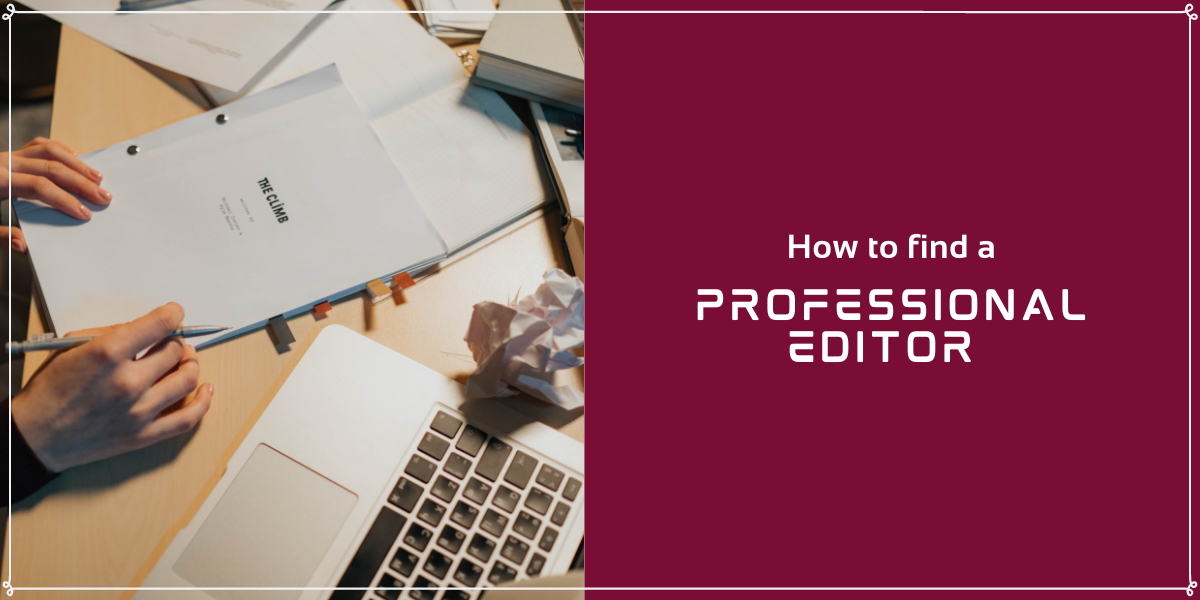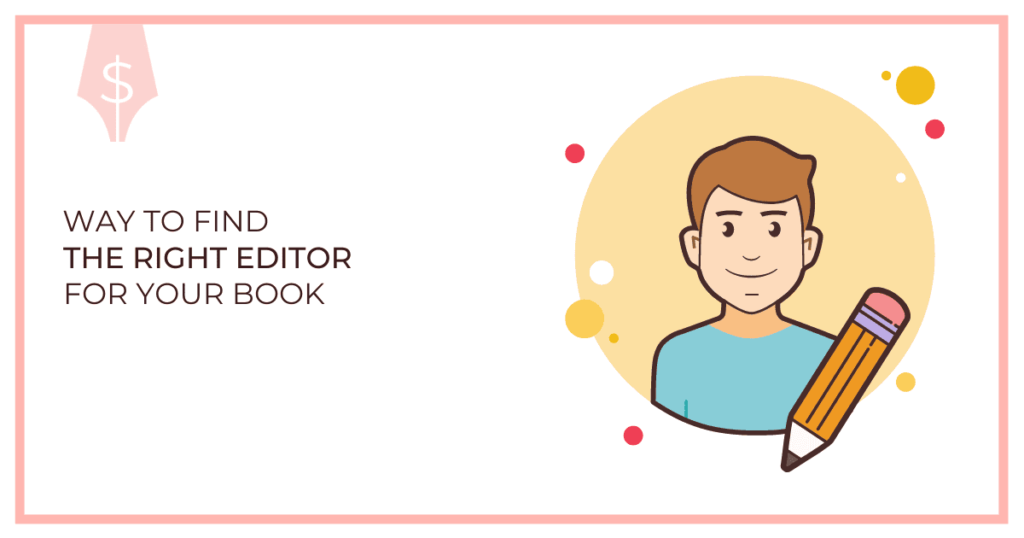
Writing a book is like giving birth to your ideas, but polishing it? That’s where an editor steps in and makes the magic happen.
Beyond Typos: What Editors Really Do

An editor isn’t just a grammar cop. They dive into your plot structure, character arcs, pacing, tone, and consistency. They see the forest and the trees.
How Editing Impacts Publishing Success

Books with professional editing stand out. Whether you’re going indie or traditional, publishers and readers can tell when a manuscript has been properly edited. It boosts your credibility, improves readability, and ultimately drives more sales.
Types of Editing Services You Might Need
Editing isn’t one-size-fits-all. Here’s a breakdown:
Developmental Editing
This is big-picture editing. Developmental editors assess plot holes, character development, narrative flow, and thematic structure.
Line Editing
Line editors zoom in on sentence-level flow, clarity, tone, and pacing. It’s like giving your manuscript a style upgrade.
Copy Editing
Think grammar, punctuation, and syntax. Copy editing fixes all those pesky technical errors.
Proofreading
The final polish. Proofreading catches minor typos, spacing issues, and formatting hiccups before your book goes to print.
Top 5 Ways to Find the Best Editor for Your Book

1. Referrals from Authors and Writing Communities
Word of mouth is powerful. Ask fellow authors who they’ve worked with.
Where to Find Writing Communities
- Reddit’s r/selfpublish
- Scribophile
- Critique Circle
- Wattpad Author Forums
2. Freelance Marketplaces
These platforms offer access to vetted professionals.
Platforms Like Reedsy, Fiverr, and Upwork
- Reedsy: Best for high-end, experienced editors.
- Fiverr: Affordable options, but vet thoroughly.
- Upwork: Good for mid-range pricing and flexible timelines.
3. Social Media & Writing Forums
Yes, editors hang out online too!
LinkedIn, Twitter, and Facebook Groups
Search hashtags like #bookeditor or #amediting. Facebook groups like “Self Publishing Support Group” are goldmines.
4. Self-Publishing Conferences & Writing Events
These are great for networking.
Networking to Find Hidden Editing Talent
Attendees often include freelancers looking for new clients. Look for events like:
- 20Books Vegas
- Writer’s Digest Conference
- Indie Author Day
5. Direct Outreach to Editors via Portfolios or Websites
If you like someone’s editing style, reach out.
How to Assess Their Work Samples
Ask for a sample edit. Look at past projects in your genre. Check testimonials and rates.
Top 5 Agencies to Find the Best Editor for Your Manuscript

1. Reedsy
A marketplace of elite publishing professionals.
Curated List of Professional Editors
Reedsy only accepts top-tier editors with experience at major publishers like HarperCollins and Penguin.
2. Scribendi
A trusted name in editing.
Academic & Book Editing
Great for nonfiction, memoirs, and academic publishing.
3. Editage
Specializes in helping ESL writers.
Especially Great for Non-Native English Writers
They provide detailed editing and even rewriting for clarity.
4. Kirkus Editorial
From the folks behind Kirkus Reviews.
Trusted by Publishers & Indie Authors
They offer developmental, line, and copy editing services with fast turnaround.
5. The Us Writers
The Us writers is a rising star in the publishing world.
Premium Manuscript Editing & Publishing Services
Offers comprehensive book editing, ghostwriting, and publishing support under one roof.
How to Choose the Right Editor for Your Book

You wouldn’t hire a chef who’s never cooked your favorite dish, right?
Genre Experience
Make sure the editor knows your genre. A sci-fi editor might not be the best for your romance novel.
Editing Style Compatibility
Some editors are strict; others are more collaborative. Ask questions, read reviews, and do a sample round before hiring.
Budget & Turnaround Time
Don’t break the bank—but don’t go for dirt cheap either. Always weigh cost vs. quality.
Red Flags to Watch Out For When Hiring an Editor
Not every “editor” is created equal.
No Portfolio or Testimonials
Always ask for samples. If they can’t provide one—run.
Unrealistic Promises
“No editing needed” or “Guaranteed bestseller”? Huge red flags.
Poor Communication
If it takes them days to reply to your email, imagine how long they’ll take to finish your book.
How Much Does Editing Typically Cost?

Editing prices vary widely. Here’s a ballpark:
Cost by Editing Type
- Developmental Editing: $0.08–$0.12/word
- Line Editing: $0.06–$0.09/word
- Copy Editing: $0.03–$0.06/word
- Proofreading: $0.01–$0.03/word
Cost by Editor’s Experience Level
- New Freelancers: Lower end of the range
- Veteran Editors: Premium pricing, but often worth it
Conclusion
Your manuscript deserves the best possible version of itself. Hiring the right editor—someone with the skills, experience, and understanding of your genre—can be the game-changer between an okay book and a masterpiece. Whether you choose an agency like Reedsy or reach out to a freelance editor on LinkedIn, always do your homework. Ask for referrals, check samples, and trust your gut. Editing is not just about fixing mistakes—it’s about amplifying your voice.
FAQs
How do I know if my manuscript needs a professional editor?
If you’re serious about publishing—yes, you need one. Even the best writers miss things in their own work.
Can I hire more than one type of editor?
Absolutely! Most authors start with developmental editing, then move to copy editing and proofreading.
What’s the difference between beta readers and editors?
Beta readers give general feedback as readers. Editors provide professional, technical, and structural advice.
Do editors help with book formatting?
Most do not. Book formatting is a separate service, but some agencies like The Us Writers offer both.
Can I negotiate editing rates with agencies?
Sometimes. Especially if you’re bundling multiple services or have a longer manuscript. It never hurts to ask.
